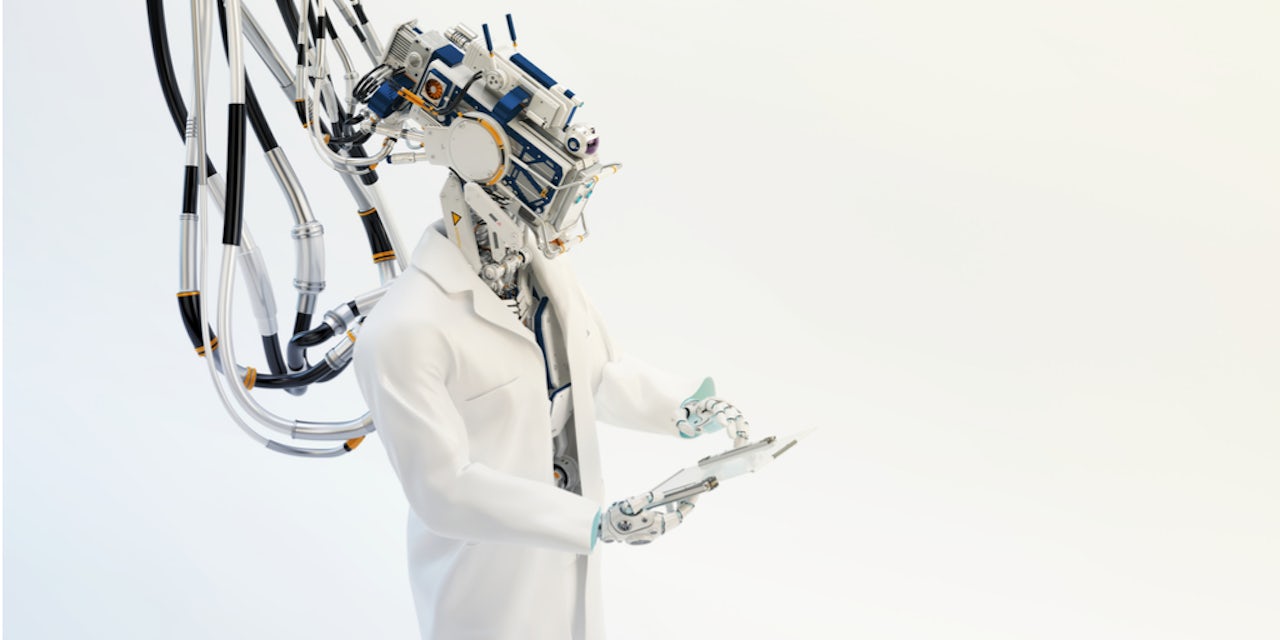When it comes to diagnosing skin cancer, man may actually be worse than machine. A new study from the University of Heidelberg found that a form of artificial intelligence known as a deep learning convolutional neural network (CNN) was able to more accurately identify malignant and benign skin lesions than a fleet of dermatologists.
“For the first time we compared a CNN’s diagnostic performance with a large international group of 58 dermatologists, including 30 experts,” wrote the researchers. “Most dermatologists were outperformed by the CNN. Irrespective of any physicians’ experience, they may benefit from assistance by a CNN’s image classification.”
It’s not that flesh-and-blood dermatologists were bad at identifying skin lesions per se; it’s just that the neural network was better. When given just a photo of the skin in question, the dermatologists correctly identified roughly 86.6 percent of the melanomas, while the CNN spotted 95 percent. When given additional clinical information, the dermatologists were able to increase their accuracy to 88.9 percent, while the CNN stayed at 95 percent.
Researchers from France and Germany trained the CNN by showing it more than 100,000 photos of malignant melanomas as well as and benign moles and lesions. "After finishing the training, we created two test sets of images from the Heidelberg library that had never been used for training and therefore were unknown to the CNN,” said Professor Holger Haenssle, the senior managing physician at the University’s Department of Dermatology, in a statement. “One set of 300 images was built to solely test the performance of the CNN. Before doing so, 100 of the most difficult lesions were selected to test real dermatologists in comparison to the results of the CNN."
The study is an independent replication of a 2017 Stanford paper on artificial intelligence and skin cancer, which also argued that properly trained CNNs could best board-certified dermatologists at classifying lesions. Though it’s much too soon for any broad consensus on the matter, these findings indicate that AI technology could be close to reaching an important milestone when it comes to visual pattern recognition.
While these tools likely won’t replace human dermatologists anytime soon, they could be an invaluable asset for skincare specialists and medical professionals alike going forward. “Currently, there is no substitute for a thorough clinical examination,” concluded the researchers. “However, 2-D and 3-D total body photography is able to capture about 90 to 95% of the skin surface and given exponential development of imaging technology we envisage that sooner than later, automated diagnosis will change the diagnostic paradigm in dermatology. Still, there is much more work to be done to implement this exciting technology safely into routine clinical care."
To listen to an interview with Paris Martineau and additional information about this robot, listen above or in your favorite app below.
Pocket Casts / Overcast / Stitcher / TuneIn / Alexa / Anchor / 60 dB / RadioPublic / RSS / “OK Google, play news from The Outline.”



